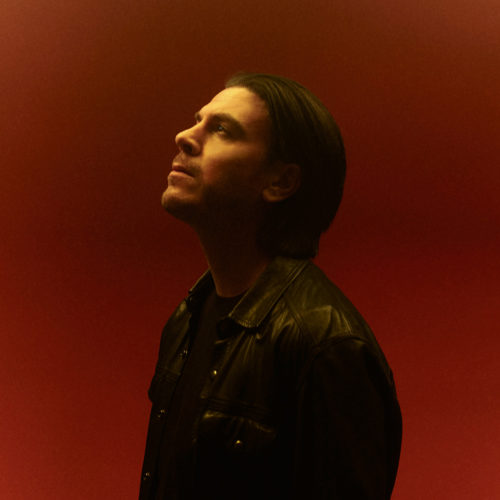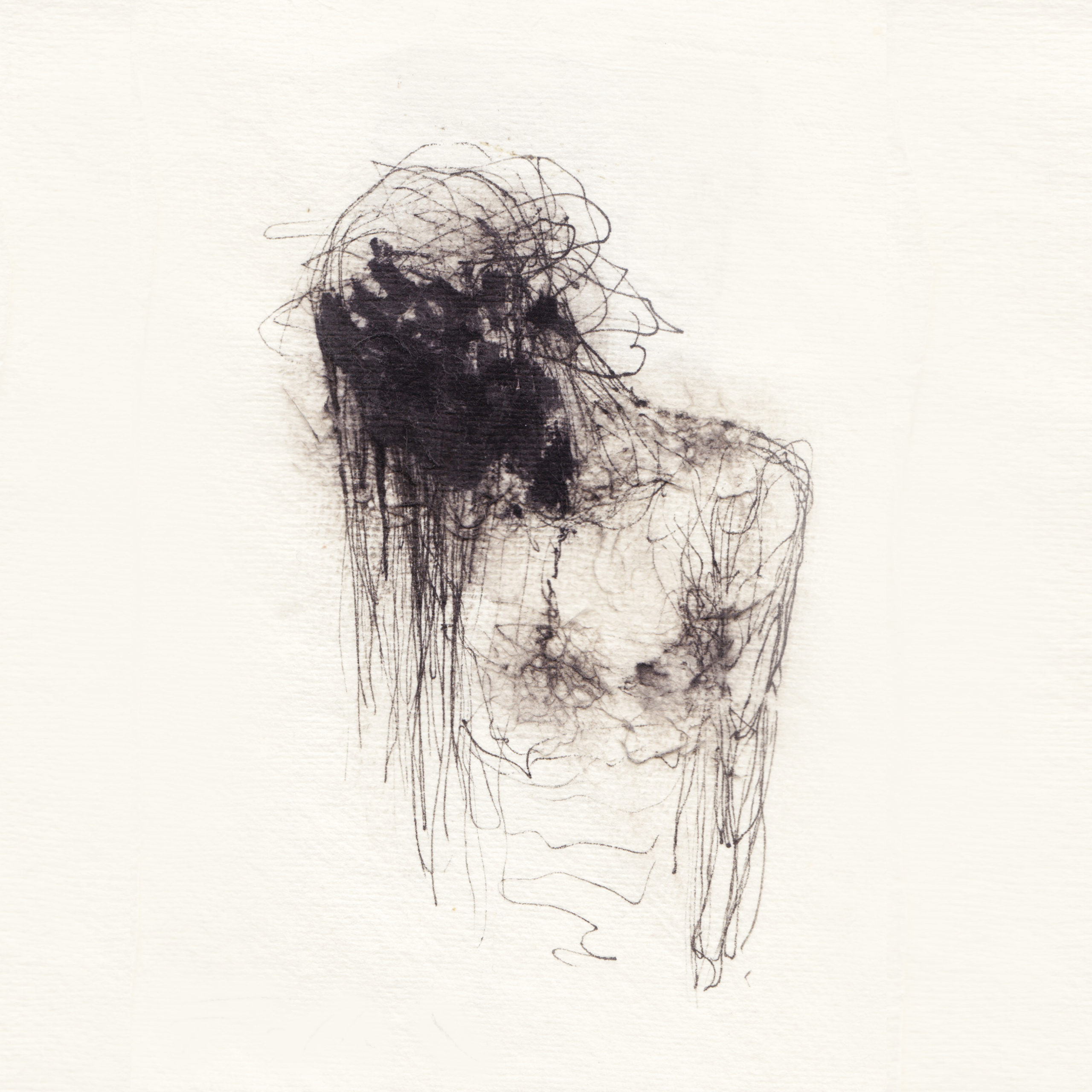
On the Edge of a Lost and Lonely World
—
Out July 26, 2024
—
Bella Union



On the Edge of a Lost and Lonely World, the second album from Rob Marshall’s Humanist project, showcases the vocal talents of Dave Gahan (Depeche Mode), Isobel Campbel (Belle & Sebastian), Carl Hancock Rux (David Holmes) and James Allan (Glasvegas), among others. This choice cast navigate a masterful expansion of the Humanist sound-world, broadening and deepening the terrain first explored on 2020’s much lauded debut album, further consolidating the emergence of Rob Marshall (guitarist of Exit Calm and co-writer of Mark Lanegan’s celebrated “Gargoyle” and “Sombeody’s Knocking” albums) as a songwriter, composer and producer with a singular musical vision.
The album is a reminder of how emotionally affecting guitar-driven music can be at its best: soaring, turbulent, soul searching, and above all sincere; you can hear that Rob’s been through it all, got the scars to prove it, and has come through wiser, more experienced and resilient. An artist of the old romantic school, it’s obvious that Rob means it. On this second Humanist album, it feels like the stakes are high: here’s one man’s soul, painstakingly laid bare, put out on the chopping block in front you.
Though On the Edge of a Lost and Lonely World has all the gothic industrial foreboding of Humanist’s debut, a steeltown dream of thundering drop forges in shadowy, cavernous factories, blast furnaces glowing below a full moon, the palette has broadened to take in more light and shade, expanding to include the feathery guitar washes welded onto driving motorik rock’n’roll, contrasted with the sweetness and light of Isobel Campbell’s exquisite “Love You More,” which takes you back to peak My Bloody Valentine at their most shimmering and ethereal; guitars glide and glisten above the rumble and churn like the drama of the weather in Rob’s adopted home of Hastings, dark clouds rolling in off the English channel heavy & grey, shot through with peach and crimson, little England battered by dayglo rainclouds at sunset, like we’ve all been over the last few years … on this second Humanist album, Rob has emerged as a master of such subtle, delicate textures, gossamer-fine filigrees of guitar lines, electronically treated till you can’t be sure if it’s guitars or the ethereal beating of wings, all the sweeter as you know it has been so hard won …
The first Humanist album was a swirling Niagara of fuzzed-out melody and noise, visceral, cinematic, mesmerising, a big, triumphant album featuring vocal contributions from Mark Lanegan (Queens Of The Stone Age), Mark Gardener (Ride), Dave Gahan (Depeche Mode) and Joel Cadbury (UNKLE), among others. A soaring record of huge ambition, it was Rob’s first solo project after his band Exit Calm split, and also the first record he’d ever fully produced. It was something of a showcase, a powerhouse, and it sounded like Rob could smell victory – but just as his masterwork was ready to go, Covid 19 stopped everything dead in its tracks, a promotional tour was cancelled, and the world sank into a long limbo …
It must’ve been a bitter pill to swallow, everything stopping just as it was about to get started. Soul destroying, even. The anguish and frustration is palpable on the new album, agonisingly articulated in “Holding Pattern,” (James Cox on vocals) the sound of a man banging his head against a brick wall, waiting for the big break that never comes, or the cocoon-like state lamented in “The Immortal” (Ed Hardcourt on vocals), curled up foetus-like, locked in the heart of the solitude of lockdown, wasted days “curled like a child in the seed.”
Not long after the limbo of lockdown, the untimely death of Rob’s key collaborator Mark Lanegan, with whom he shared a deep and ongoing musical friendship, came as a tragic blow. Rob wrote and produced six tunes for Mark on their first collaboration together, the much-celebrated album ‘Gargoyle’ (2017 Heavenly Records). Mark’s next album ‘Somebody’s Knocking’ (Heavenly Records October 2019) featured six more co-writes from Rob. The first tracks they ever worked on together were included on the first Humanist album.
As painful as they are, such sojourns into the wilderness can heighten and hone the artistic instinct, and emerging from the cocoon so painfully delineated in “The Immortal,” Rob has gone back to the source, and drawn deeper from the well … the new album explores and develops themes pondered in the debut – existential questions of life, death, purpose, hope, suffering, redemption – but now with a broadening and a deepening of the palette of sounds and emotions, more nuance, a growing mastery of the form, producing a record of emotional subtlety, depth and scope – on “Dark Side Of Your Window” with James Allan, for example, tender, bruised, knocked about a bit by life, or maybe the low key, understated “Lonely,” which is a rare example of Rob singing, paired back, branches bare, “washed up on the tide” …
Rob’s vocals, as Madman Butterfly, are all to be found in the increasing abstraction of the second half of the album, with conventional song structures dissolving into tone-poems, till they hang suspended on a viola note, only to rise once more into vast elegiac expanses conjured by ethereal, fuzzed out guitar treatments, Rob’s voice singing half-remembered melodies from a dream going round & round your mind in an indefinite soulful yearning on final track “The End”, like the songs from a sound-world just beyond your grasp, waking up from a dream of it all so meaningful and strange it can’t translate into the waking world, and collapses on contact with reality, slipping like sand through your fingers …
“My head’s away in clouds of thoughts and imagination,” Rob muses, “but I’m driven to be as real and authentic as I possibly can musically, trying to push forward and harness all I’ve got; it was never really a choice, but the only thing I ever felt I could do – to swim with the tide, accept your fate, ride the waves. I’m a shy person but on stage my guitar leads me to a place of innate confidence, so I guess that’s where I’m most comfortable”.